A Record-Breaking Grocery Merger Falls Apart
In a dramatic turn of events, the proposed $25 billion merger between grocery giants Albertsons and Kroger has officially been terminated. The deal, which aimed to create the largest supermarket chain in U.S. history, collapsed after a federal judge blocked the merger, citing concerns over reduced competition and potential price hikes for consumers.
Table of Contents
The merger, initially announced in 2022, would have united two of the nation’s largest grocery retailers—Albertsons, the fifth-largest, and Kroger, the tenth-largest—encompassing well-known brands like Safeway, Vons, Harris Teeter, and Fred Meyer.
Why the Deal Fell Apart
Federal Judge Adrienne Nelson ruled against the merger, highlighting that supermarkets, unlike Walmart or Amazon, occupy a unique market segment. The judge argued that combining Albertsons and Kroger would stifle competition, particularly in areas where they directly compete, leading to potential price increases for consumers.
The ruling echoed concerns raised by a coalition of unions, small grocery stores, and bipartisan political leaders wary of corporate consolidation. The Federal Trade Commission (FTC) also filed a lawsuit to block the merger, marking a significant victory for outgoing FTC Chair Lina Khan, a staunch critic of large mergers and acquisitions.
Legal Fallout: Albertsons Sues Kroger
Albertsons wasted no time responding to the deal’s collapse. The company announced Wednesday that it is suing Kroger for breach of contract, accusing its former merger partner of failing to secure regulatory approval. Albertsons claims Kroger did not exercise its “best efforts” or take “any actions” necessary to push the merger forward.
Kroger swiftly countered, calling the allegations “baseless and without merit.” Kroger accused Albertsons of breaching the agreement multiple times and seeking a break-up fee it is not entitled to.
Americans Set to Benefit from Updated IRS Tax Rates for 2025
How to Get Up to $3,600 from the Child Tax Credit: Big Win for American Families
What are the Nationwide Benefits for Seniors Over 65 in America 2025?
SSA’s $22.8 Million Payment Mistake: What Went Wrong and How It’s Being Fixed
New York New Minimum Wage for 2025: Key Changes and Effective Dates
Why the Merger Was So Controversial
Both Albertsons and Kroger argued the merger would allow them to compete against retail giants like Walmart and Amazon, which dominate the grocery market with non-unionized workforces and vast product offerings. However, Judge Nelson dismissed this argument, emphasizing that traditional supermarkets are distinct in the retail landscape.
Opponents of the merger claimed it would lead to:
- Higher prices for consumers: By eliminating competition between the two grocery chains.
- Reduced competition in local markets: Particularly in regions where Albertsons and Kroger are the only major players.
- Potential job losses: Consolidation often leads to store closures.
Market Reaction: Stock Prices and Share Buybacks
Despite the fallout, the financial markets remained optimistic. Both Albertsons and Kroger saw their stock prices rise on Wednesday. Albertsons further boosted investor confidence by announcing a $2 billion share buyback program, signaling its commitment to delivering shareholder value despite the merger’s collapse.
What’s Next for Albertsons and Kroger?
Albertsons:
Albertsons plans to refocus its efforts on improving stores, technology, and employee support. CEO Vivek Sankaran reaffirmed the company’s commitment to investing in long-term growth, even without the merger.
Kroger:
Kroger, the largest grocery chain in the U.S., appears better positioned to weather the fallout. CEO Rodney McMullen expressed confidence in Kroger’s ability to grow independently, stating, “We’ve always made sure that we don’t need to do mergers to make our business successful.”
Implications for the Grocery Industry
The collapse of the Albertsons-Kroger merger represents a landmark victory for antitrust regulators and opponents of corporate consolidation. It also underscores the challenges faced by traditional supermarkets as they strive to compete with mega-retailers like Walmart and Amazon.
For now, both Albertsons and Kroger must pivot their strategies, focusing on internal growth and adapting to a competitive market without the scale they had hoped to achieve through the merger.
As the dust settles, the grocery industry—and its consumers—will be watching closely to see how these two giants chart their paths forward.
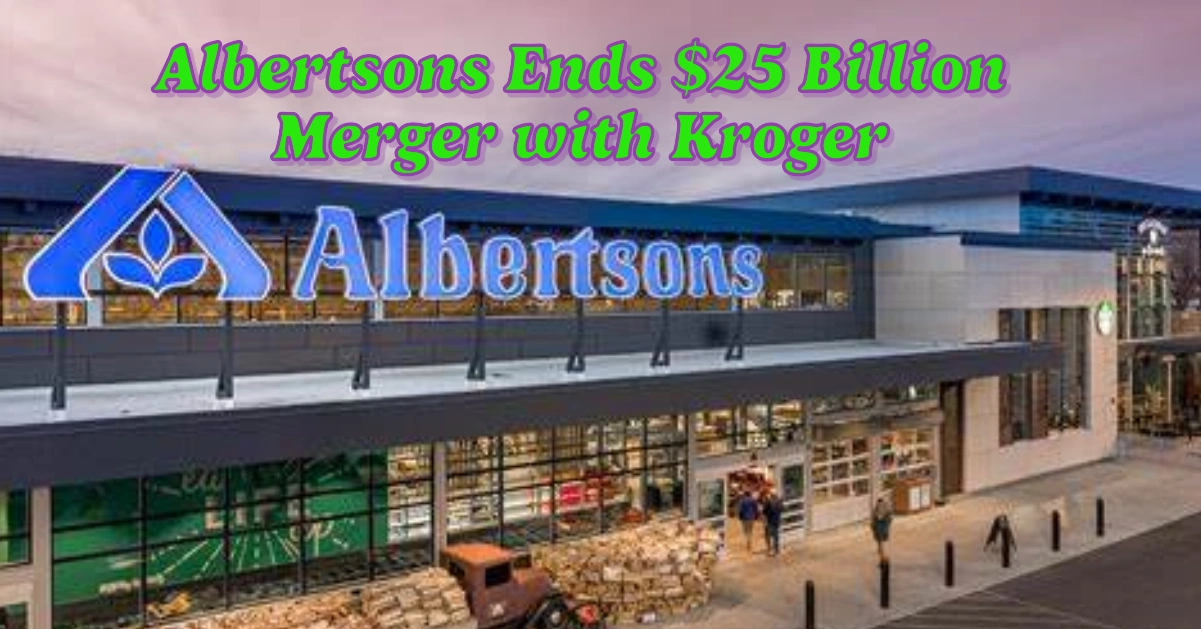
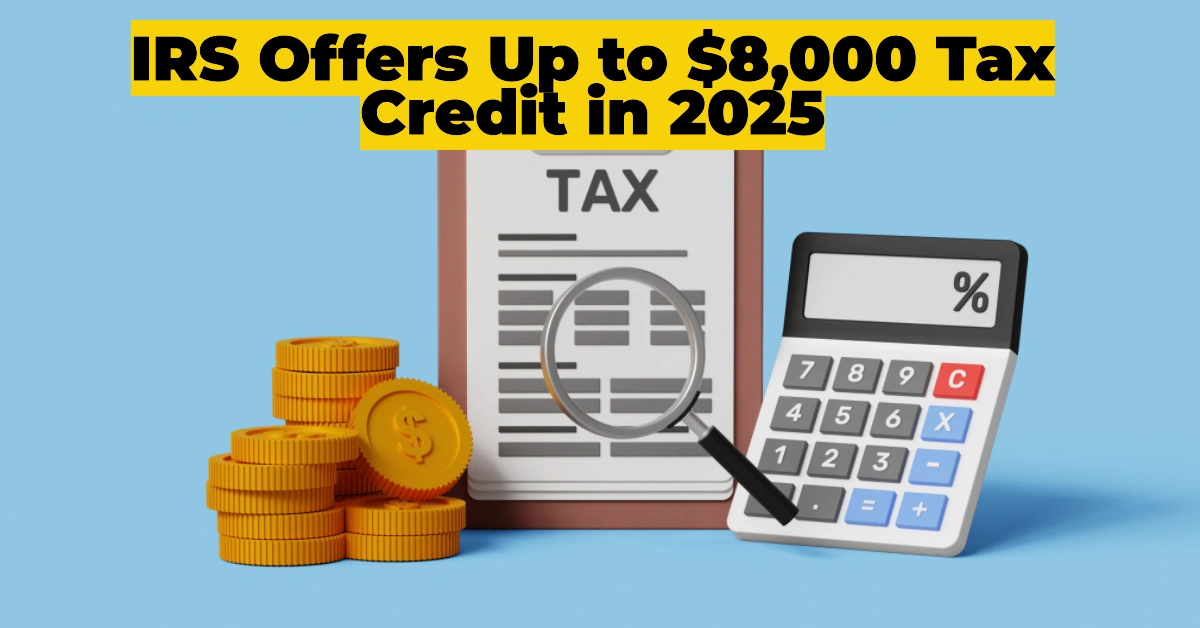

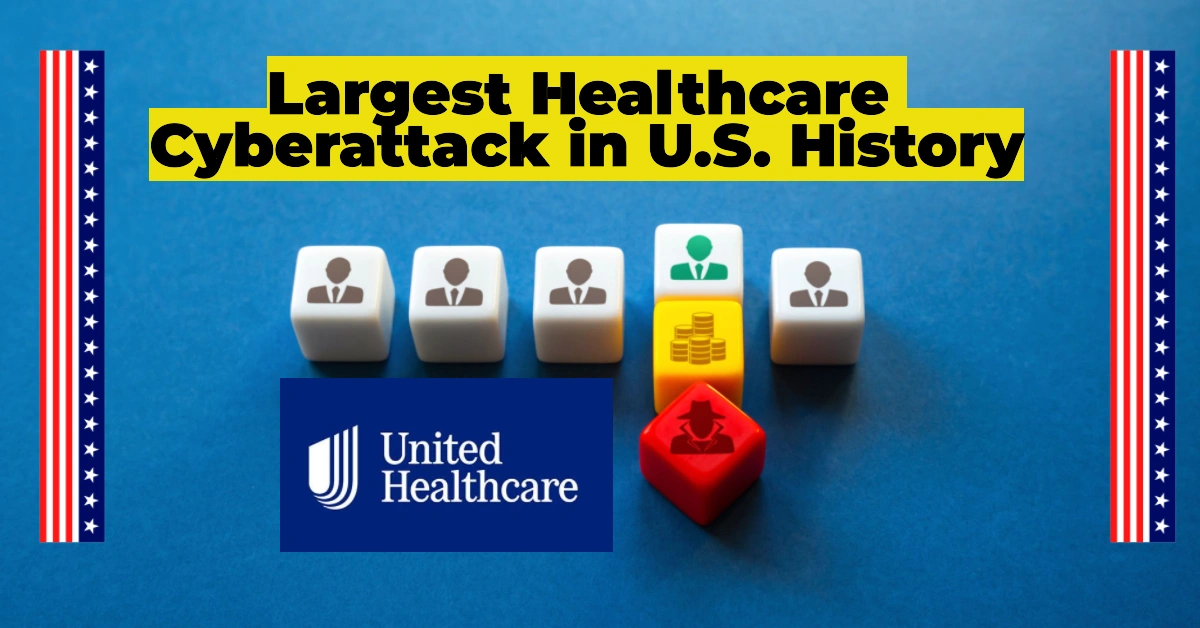

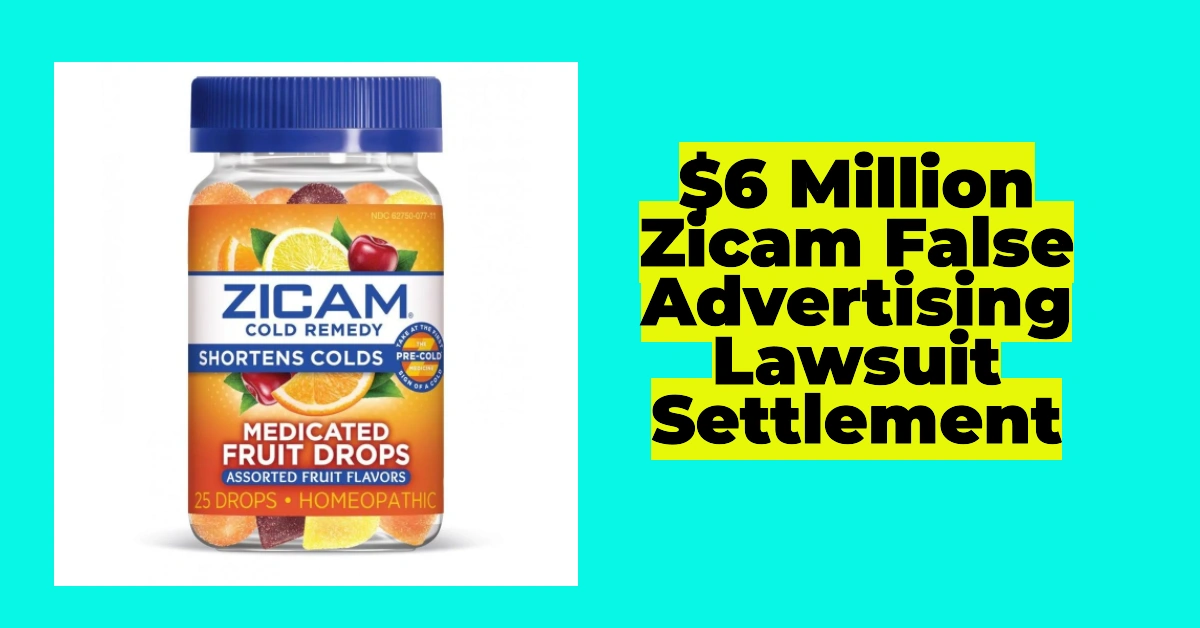


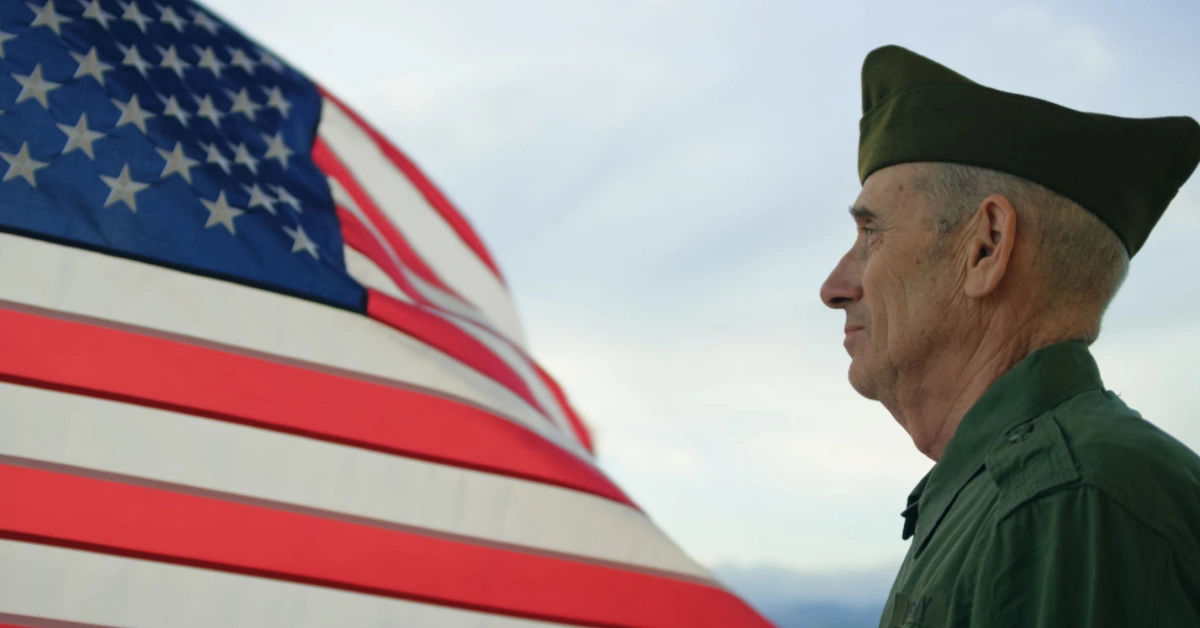
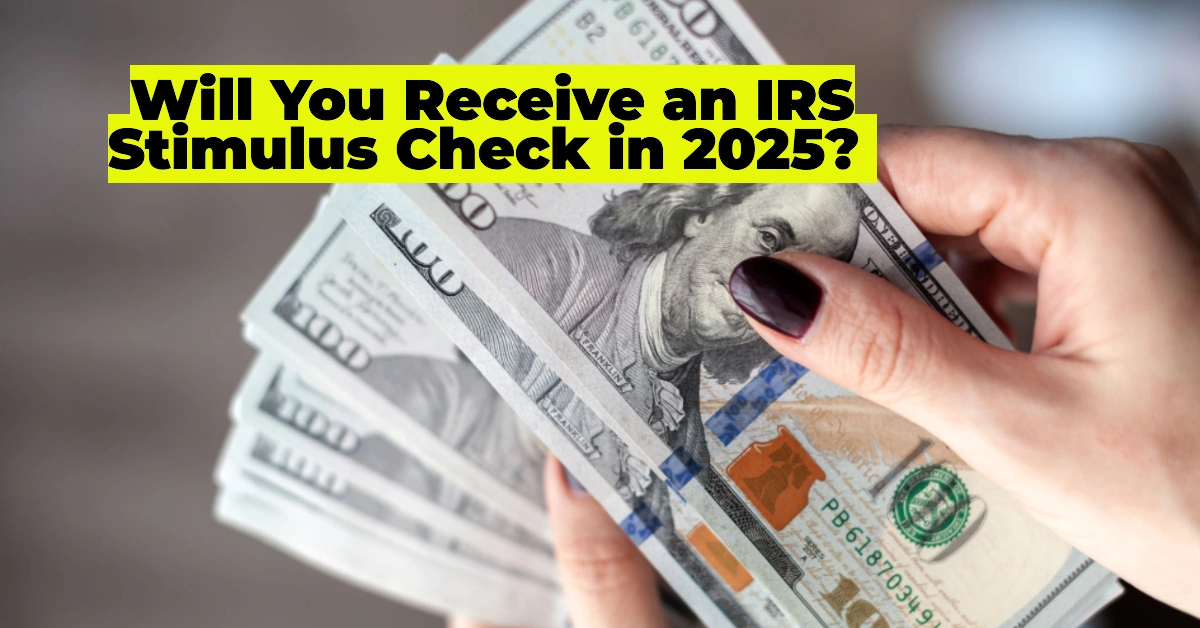

One thought on “Albertsons Ends $25 Billion Merger with Kroger: Legal Battle Ensues After Historic Deal Collapse”